The fire that devastated Lytton is still burning – and First Nation residents say the lack of help from the British Columbia government has been ‘sickening’
Vince Abbott had an afternoon of fishing planned – he was going angling for spring salmon in the nearby river – when he heard shouts of panic and felt a searing heat.
After three punishing days of record-breaking temperatures in the Canadian village of Lytton earlier this month, Abbott was accustomed to the discomfort of the dry, sometimes overpowering, summer heat. But this felt different.
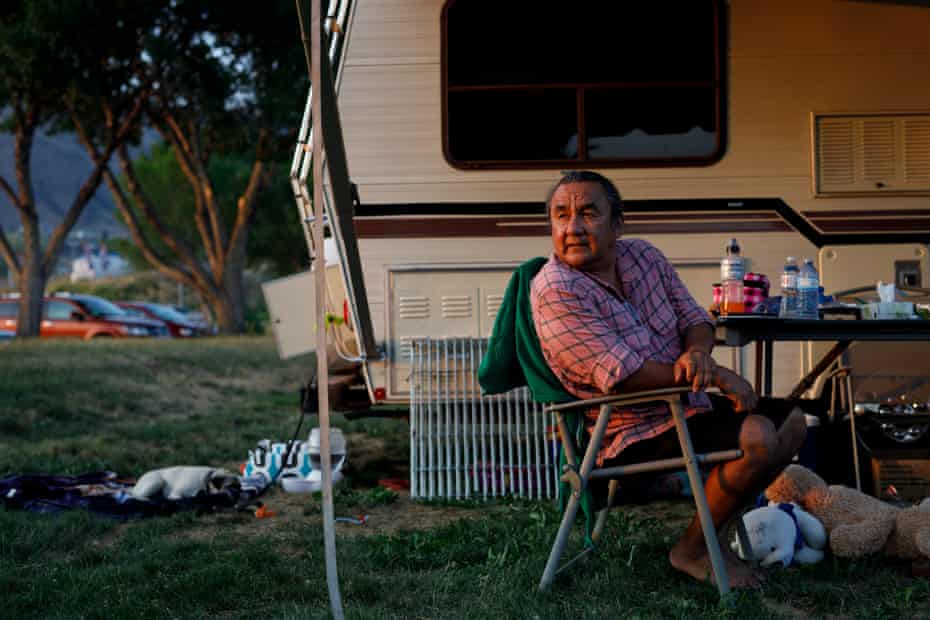
For days, a wildfire had been burning to the north of the village, keeping residents on edge. But now, dark smoke was billowing in from the south, down by the rail trestle. Unbeknown to Abbott and others, a second fire was moving rapidly towards the village and surrounding First Nations communities.
“I opened up the front door and you could see the flames,” he said. “The smoke was thick blue and black, and created a whirlwind that tore through the area.”
Within 30 minutes, most structures, including Abbott’s house, were destroyed. He and wife Christine had only minutes to escape, scrambling to save their three grandchildren and dogs.
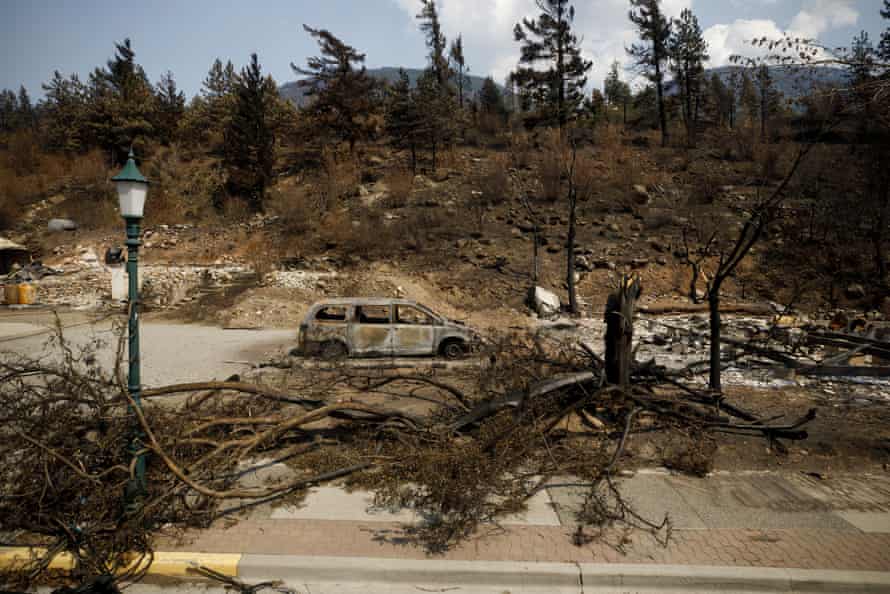
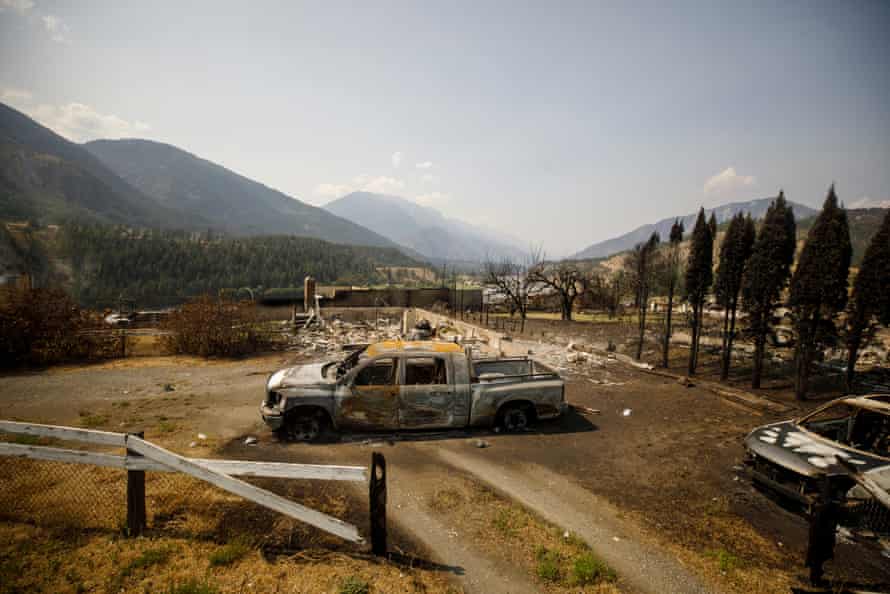
This week, British Columbia declared a state of emergency as nearly 300 fires burned and the province girded for mass evacuations amid worsening conditions. The fire that destroyed Lytton is still burning in the surrounding valley and the air remains hazy, an ominous reminder to residents of the destructive toll climate change can take on a community that was accustomed to hot summers.
In the weeks since the fire destroyed their home and most of their possessions, First Nations residents have expressed frustration that their communities received little assistance from the province as the fire took hold.
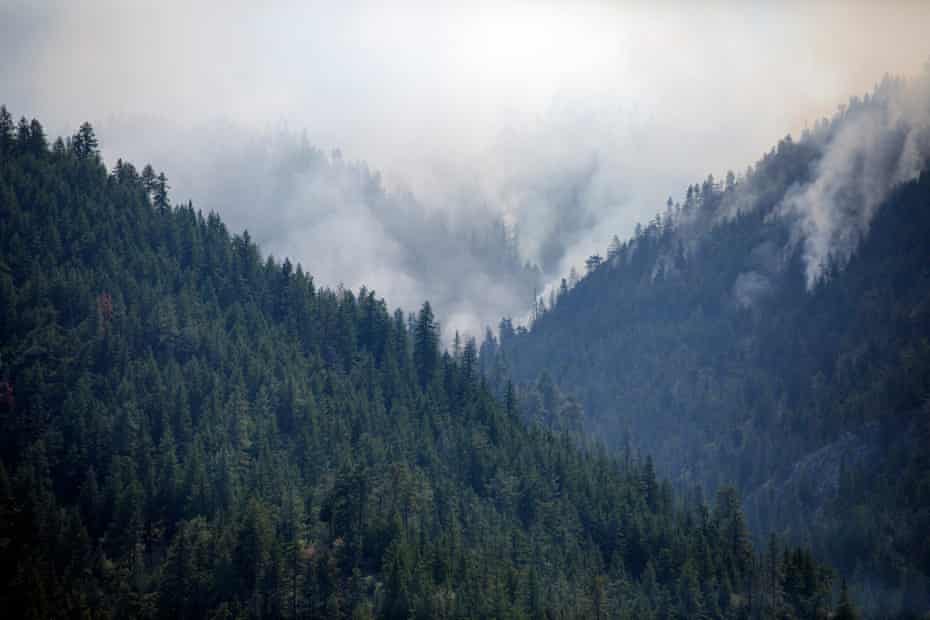
The village of Lytton sent out its evacuation order at 6pm – an hour after the fire had destroyed many homes. Police worked as quickly as possible to warn residents before an evacuation order was given, but two people died in the fire. No cause has yet been determined for the blaze, but officials believe it was probably caused by human activity.
In recent years, the regional district has handled emergency management, taking some authority away from the First Nation. But leaders of the Lytton First Nation say silence from the province was “sickening”, with any coordination from emergency officials coming hours after it was needed.
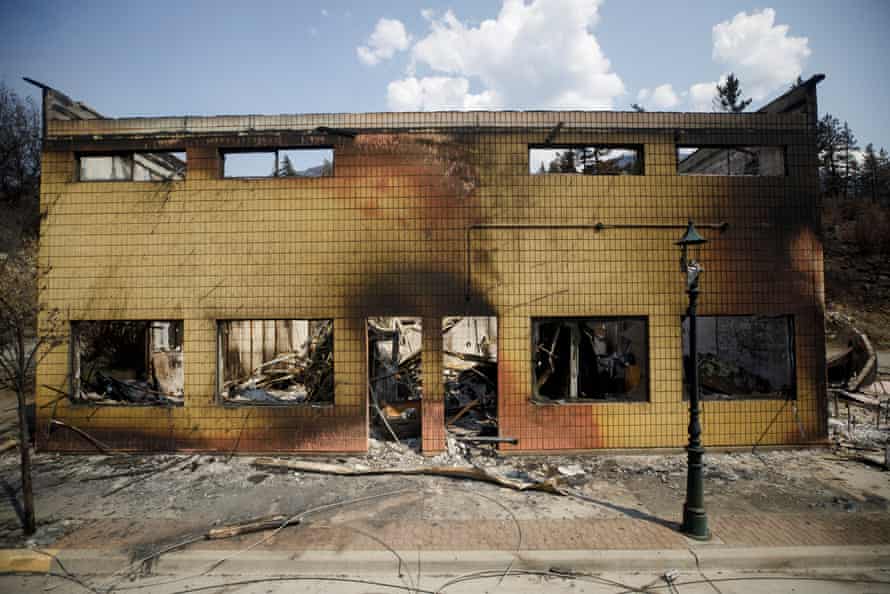
“The first day that we had that record heat, we should have been evacuated,” said Christine Abbott. “We weren’t evacuated. We escaped.”
After pulling a handful of items from his house, including a bicycle, Neil Dycke remembers the sounds of exploding propane tanks as he tried to make his way to safety. The central part of the village was ablaze and he was disoriented. Choking through the thick smoke, the only place he could find shelter was in a building in the cemetery.
“I couldn’t leave town,” he said. “I was just thinking about how I could survive.”
Terrified, the retired gas station worker hunkered down near the small white crosses. When he awoke in the morning, the air was hazy and acrid. But he was alive.
Both Dycke and Abbott eventually ended up on the lands of the Tk’emlups te Secwepemc First Nation – a community that first made headlines for the discovery of unmarked graves, but has since become a place of refuge for families displaced by the fire.
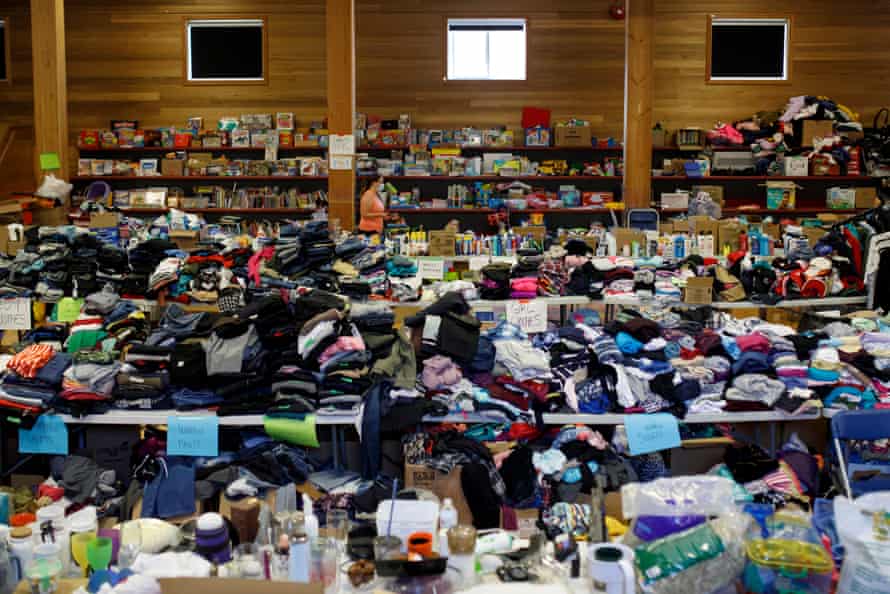

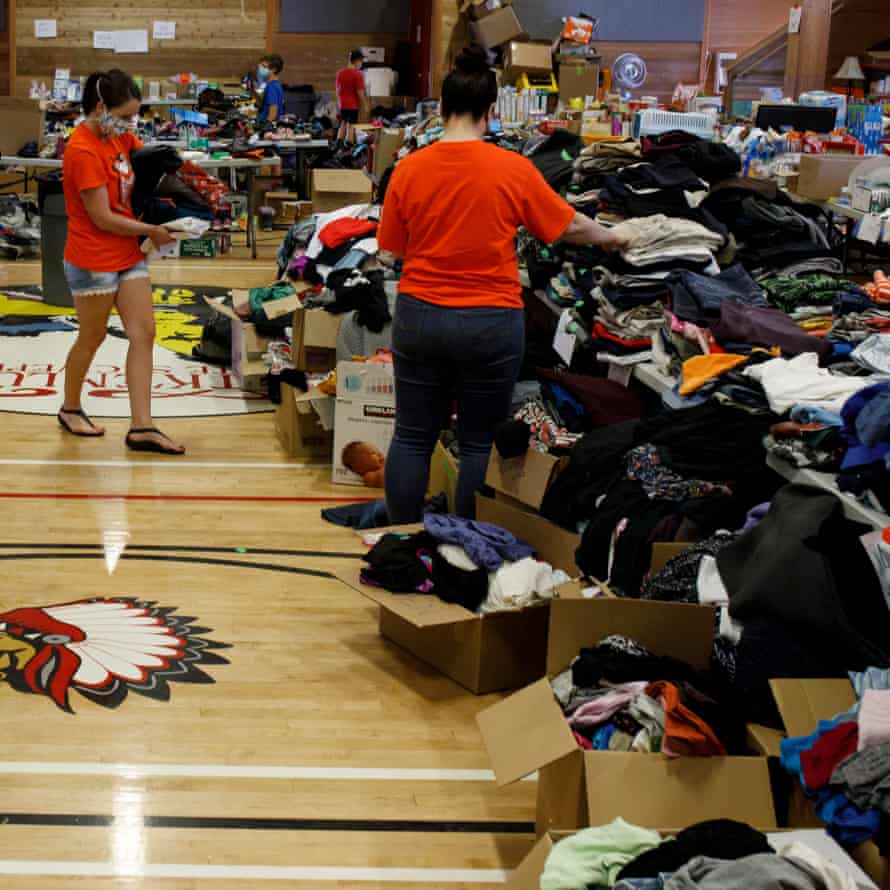
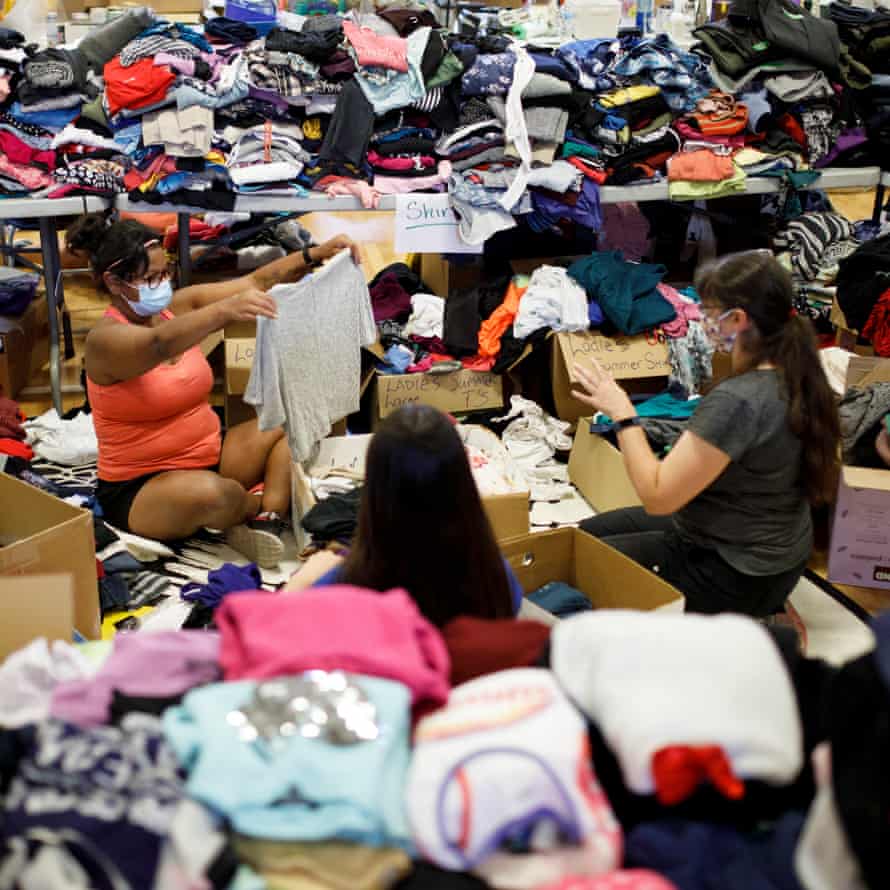
Volunteers have fed and sheltered evacuees camped out on the powwow grounds. The Abbotts are living in an RV and Dycke is lodging at a nearby hotel, but comes to the grounds for the free meals offered by the community.
“We’re telling everyone it’s a safe haven, we’ll nurture you the best we can,” said Diane Kehler, emergency operations manager for the Tk’emlups te Secwepemc First Nation.
Volunteers have been overwhelmed by donations from the public – something Kehler believes underscores the importance of community when Lytton looks to rebuild.
“A house can be rebuilt, and a tree can regrow. But you can never replace the close-knit nature of a community unless you’re there to help do it,” she said.
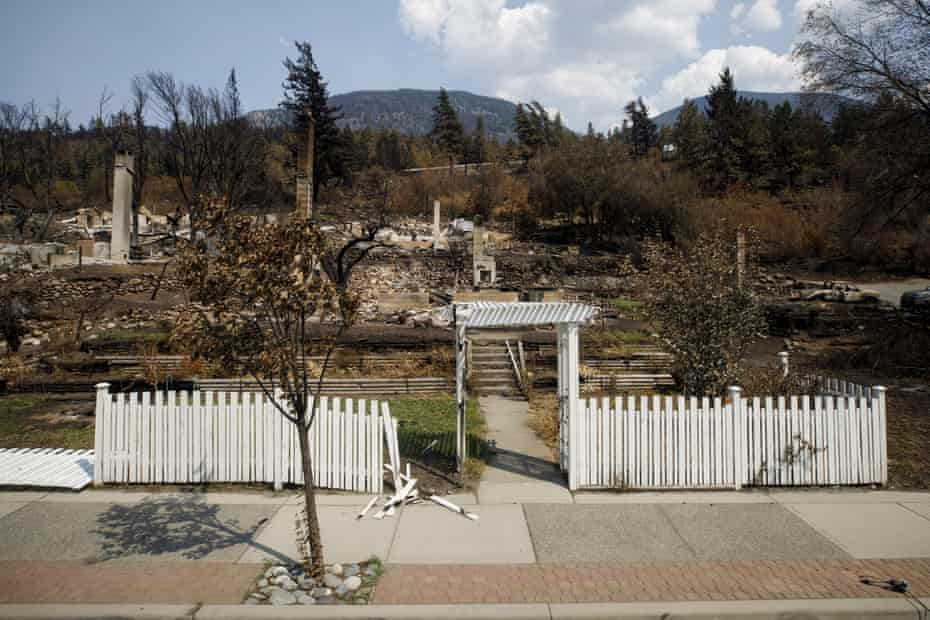
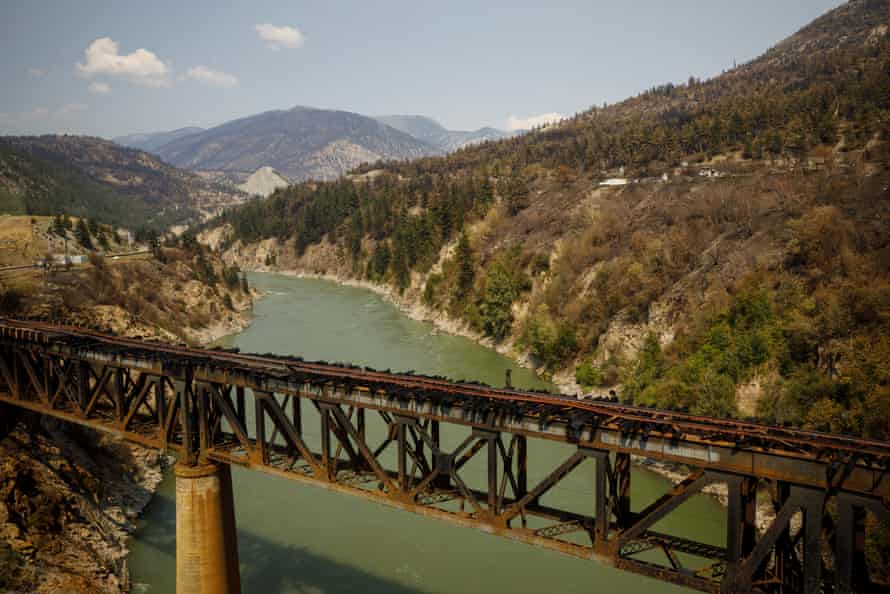
In mid-July, residents got a glimpse of what that rebuilding might look like when provincial officials let a handful of people board buses to witness the destruction first-hand.
The village’s commercial strip was a pile of ash. Residential areas were burned to concrete foundations. The vagaries of a forest fire meant that all of the town’s infrastructure was destroyed but the white picket fence outside a home was left untouched.
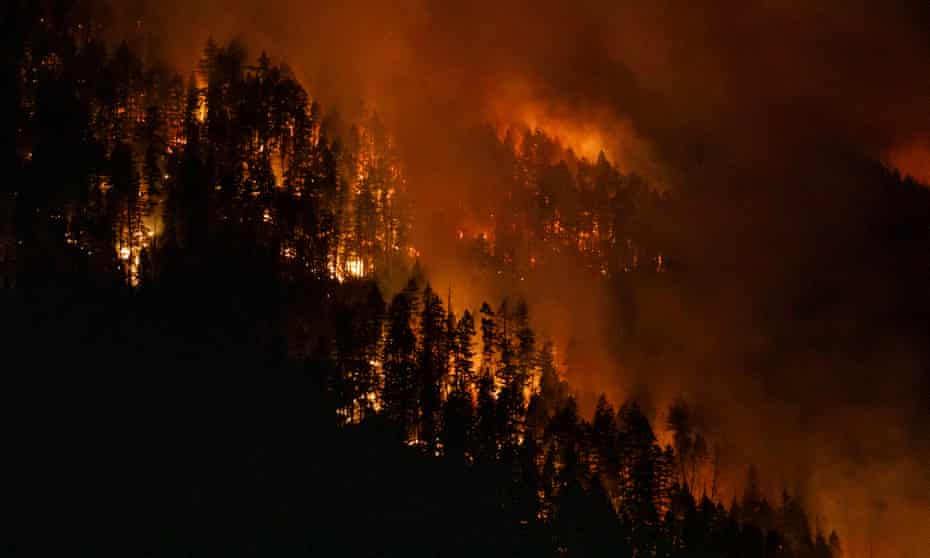
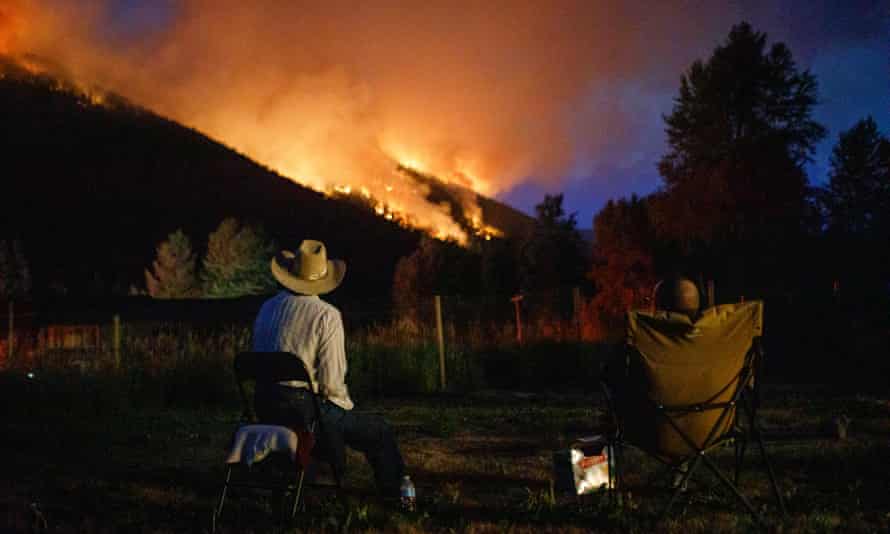
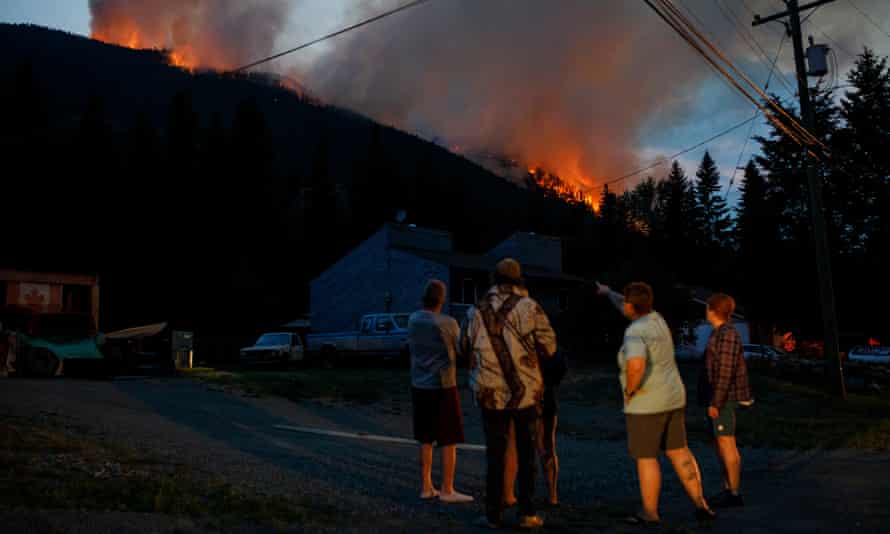
The tour came as dozens of fires, including that at Embleton Mountain, threaten communities across the province, a third of which remain out of control. The provincial government has warned that many regions of the province are at high risk for new fires as hot, dry conditions remain. Residents are increasingly being forced to reckon with the reality that with the right combination of wind, dry weather and bad luck, many of the surrounding communities could face an outcome similar to Lytton.
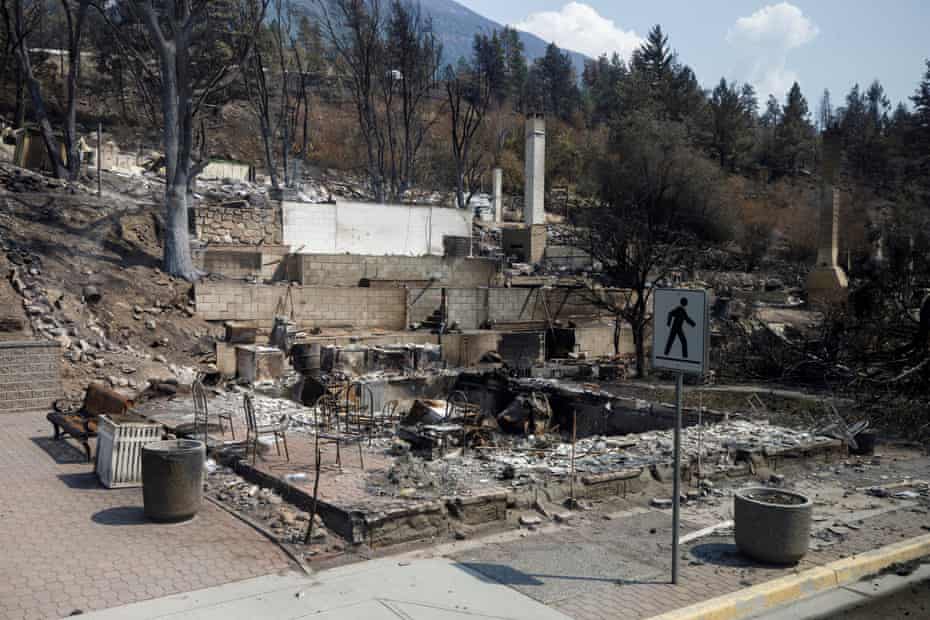
“I don’t know where I’m going to go next. I’ve been thinking hard about that,” said Dycke. “My house is gone. There’s nothing left in Lytton. But I really don’t know what comes next.”